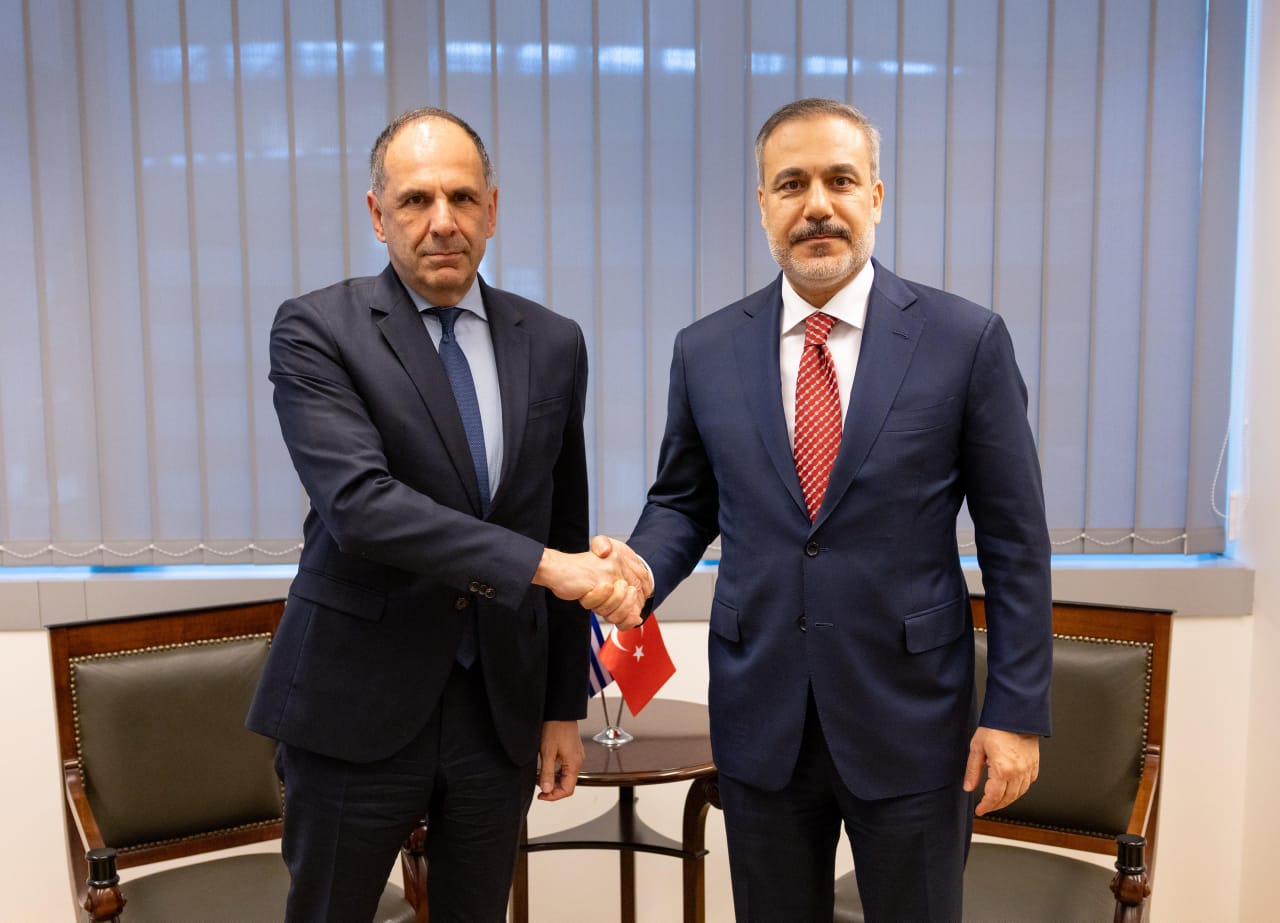The planned surveys for, the Greece–Cyprus electricity interconnection project, namely the Great Sea Interconnector, have stirred strong reactions within Turkish diplomatic circles, according to a report published by the Turkish newspaper Turkiye. The surveys, which Athens has already announced will extend beyond the six-nautical-mile limit in the near future, are being closely watched by Ankara.
Describing the initiative as a “dangerous alliance in the Aegean,” the newspaper highlights growing concern in Turkey over what it perceives as a deepening collaboration between Greece and Israel, while Turkey, it says, remains sidelined.
Citing unnamed Turkish sources, Turkiye reports that “tensions in the Aegean are once again on the rise” due to what Ankara sees as “unilateral moves in the energy sector between Greece and Israel.” These sources stress that “fait accompli developments will not be allowed.”
The controversial surveys, planned to take place east of Kasos and Karpathos as part of the Greece–Cyprus electricity interconnection project—reportedly in cooperation with Israel—are framed by Turkish officials as “a clear violation of international law and maritime jurisdiction rules,” according to the paper.
Referring to Greek media reports about the issuance of a new NAVTEX for these activities, Turkiye quotes Turkish diplomatic sources as describing Greece’s actions as “provocative,” particularly given that maritime boundaries in the Aegean and Eastern Mediterranean—both in terms of the continental shelf and Exclusive Economic Zones (EEZs)—have yet to be mutually agreed upon.
In addition, Turkiye accuses the Greek media of conducting a misinformation campaign, citing “baseless claims” that Prime Minister Kyriakos Mitsotakis had received assurances from French President Emmanuel Macron and Israeli Prime Minister Benjamin Netanyahu that Turkey would not obstruct the cable-laying operations.
Finally, the paper quotes sources from Turkey’s Ministry of National Defense and Ministry of Foreign Affairs as reaffirming Ankara’s determination to safeguard its interests in the Aegean and Eastern Mediterranean, stressing that “there will be no retreat” on EEZ boundaries.
Greece’s Right to Extend Territorial Waters to 12 Nautical Miles
However, despite Turkiye’s writings conveying official Turkish “warnings” to Greece, the truth is that according to customary international law, which is also enshrined in the United Nations Convention on the Law of the Sea (UNCLOS), Greece holds the right to extend its territorial waters up to 12 nautical miles.
This right, which pertains to sovereign jurisdiction over the territorial sea, is exercised unilaterally by coastal states. As such, it is not subject to any form of restriction, exception, or negotiation, nor can it be disputed by third countries. Article 3 of the Convention—codifying a well-established rule of customary law—clearly stipulates this entitlement without placing any limitations on its implementation.
The overwhelming majority of coastal states around the world have set the breadth of their territorial seas at 12 nautical miles, with only a few exceptions. Finally, it should be pointed out that Turkey itself has extended its territorial waters to 12 nautical miles in the Black Sea and in parts of its Mediterranean coastline since 1964.




